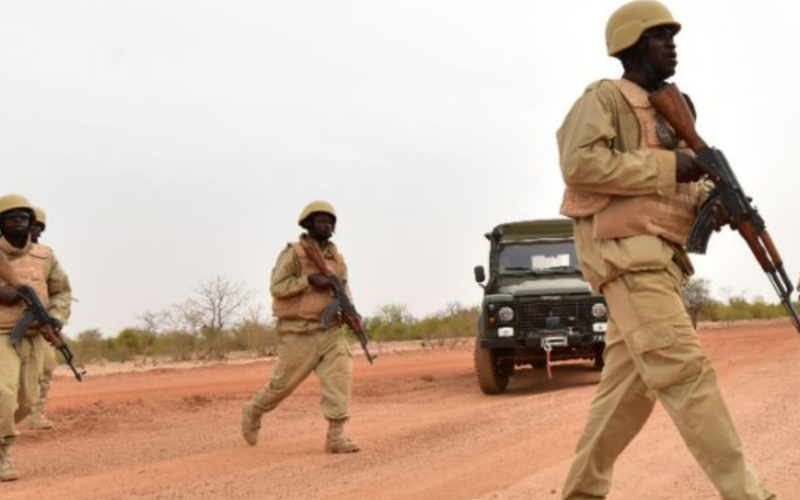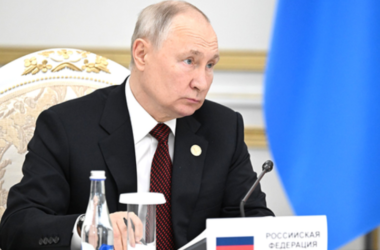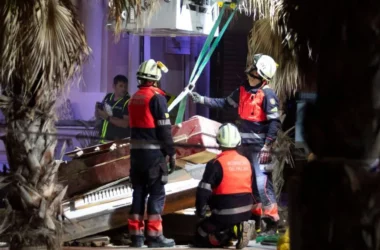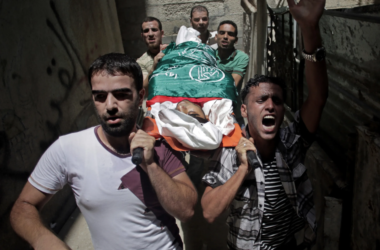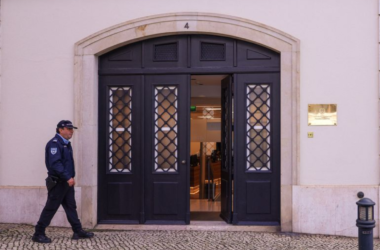Recent reports from Burkina Faso have shed light on a harrowing escalation of violence, with an official confirming the deaths of around 170 individuals in attacks targeting villages. The unfolding tragedy underscores the persistent security challenges plaguing the West African nation and highlights the urgent need for concerted efforts to address the root causes of conflict in the region.
According to local authorities, the attacks, which occurred in several villages within Burkina Faso, bore the hallmarks of coordinated assaults by armed groups. The victims, including men, women, and children, were reportedly subjected to brutal violence, with many succumbing to gunshot wounds and other fatal injuries.
The wave of violence has sent shockwaves through Burkina Faso and the international community, reigniting concerns about the deteriorating security situation in the Sahel region. Burkina Faso, like its neighbors in the Sahel, has grappled with a surge in terrorist activities, inter-communal violence, and insurgent attacks in recent years, leading to widespread displacement, humanitarian crises, and loss of life.
The precise motives behind the attacks remain unclear, with conflicting accounts and speculation swirling amidst the chaos and confusion. However, analysts point to a complex web of factors driving the violence in Burkina Faso, including competition over scarce resources, ethnic tensions, and the proliferation of armed groups with varying ideological agendas.
The plight of Burkina Faso underscores the broader challenges facing countries across the Sahel, where fragile governance structures, porous borders, and entrenched poverty provide fertile ground for extremism and conflict. Despite efforts by national governments and international partners to bolster security and promote stability in the region, progress has been slow and uneven, exacerbating the humanitarian crisis and fueling a cycle of violence.
In response to the latest wave of bloodshed, Burkina Faso’s government has vowed to redouble its efforts to combat terrorism and restore order to affected areas. Security forces have been mobilized to reinforce vulnerable communities and apprehend those responsible for the attacks, while humanitarian agencies are working tirelessly to provide assistance to displaced populations and mitigate the impact of the violence on civilians.
The international community has also condemned the attacks in Burkina Faso and reiterated its commitment to supporting efforts to address the root causes of instability in the Sahel. Diplomatic channels, regional organizations, and multilateral initiatives continue to play a vital role in coordinating assistance, promoting dialogue, and advocating for sustainable solutions to the crisis.
As Burkina Faso mourns the loss of innocent lives and grapples with the aftermath of the brutal attacks, the imperative for collective action to address the underlying drivers of conflict in the Sahel has never been clearer. Only through a comprehensive approach that addresses the intertwined challenges of security, development, and governance can lasting peace and stability be achieved in Burkina Faso and beyond.




